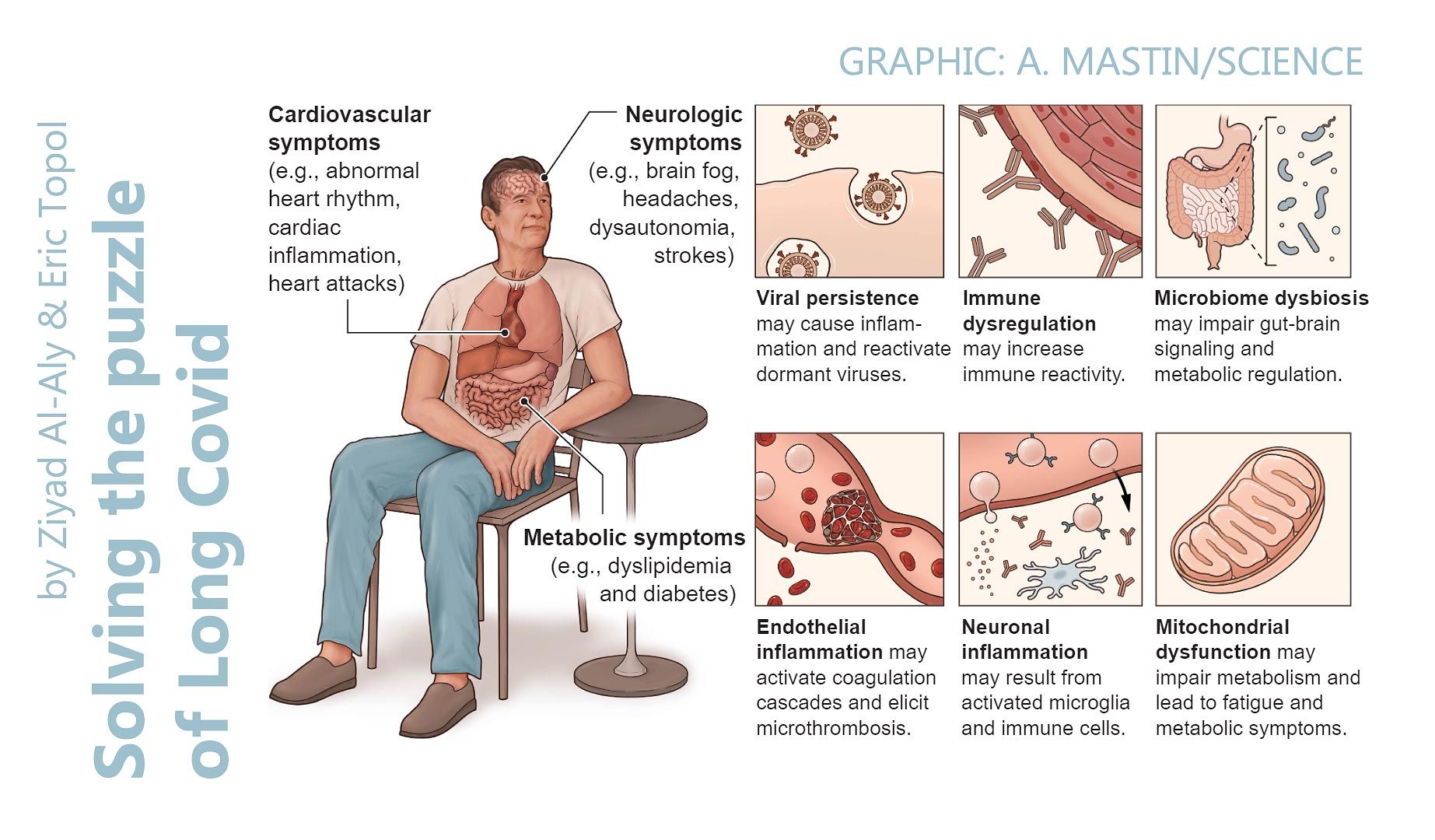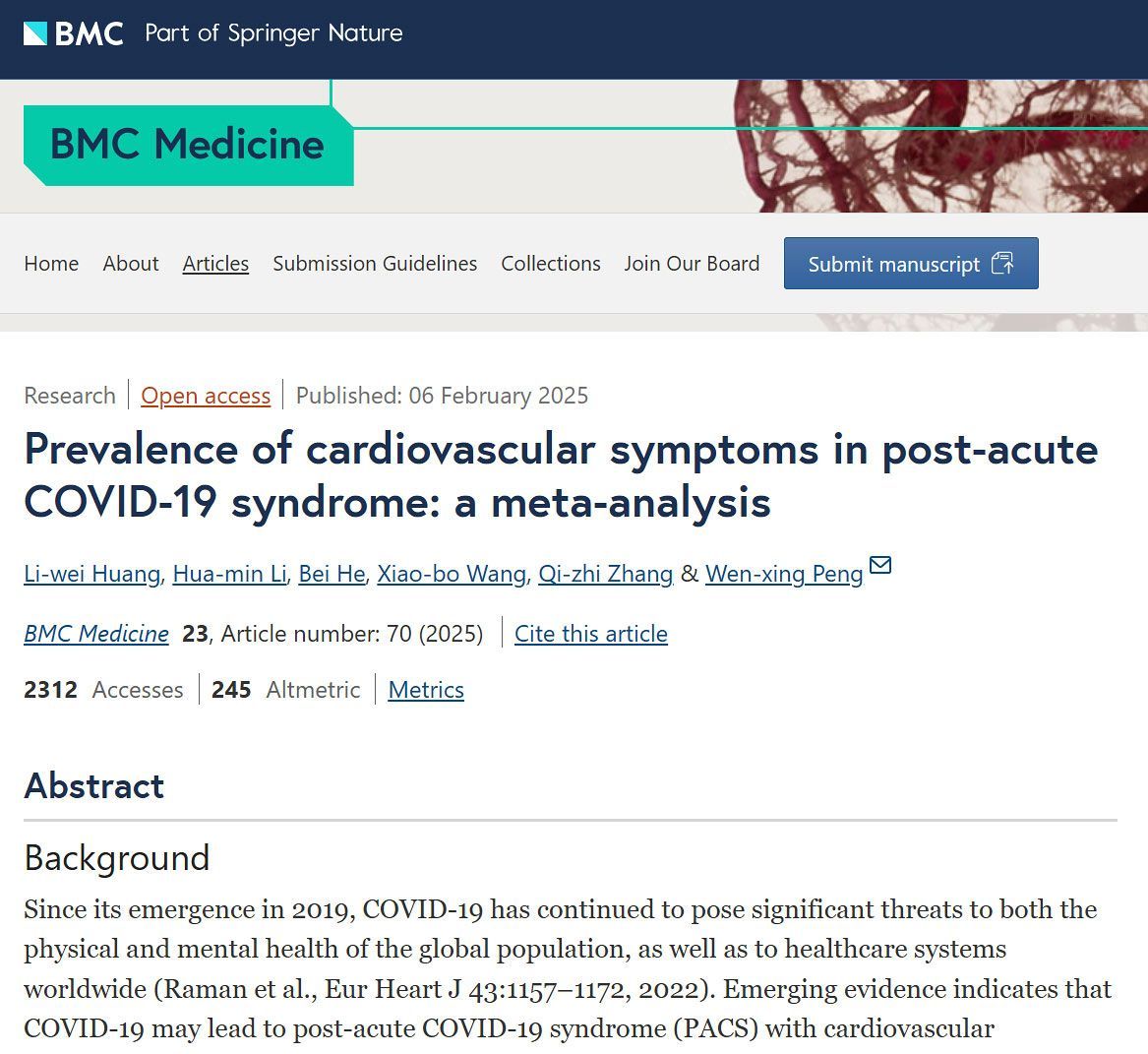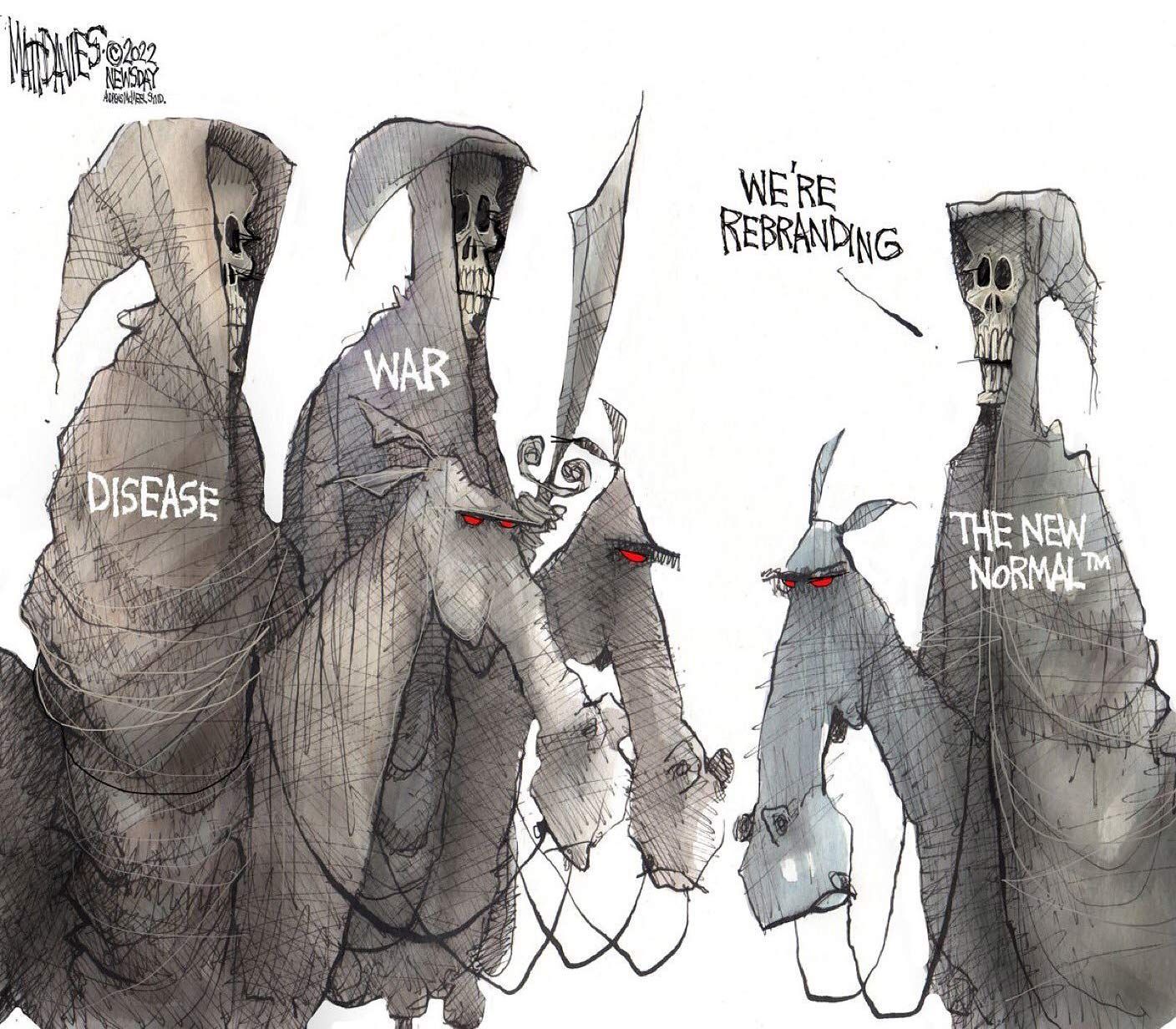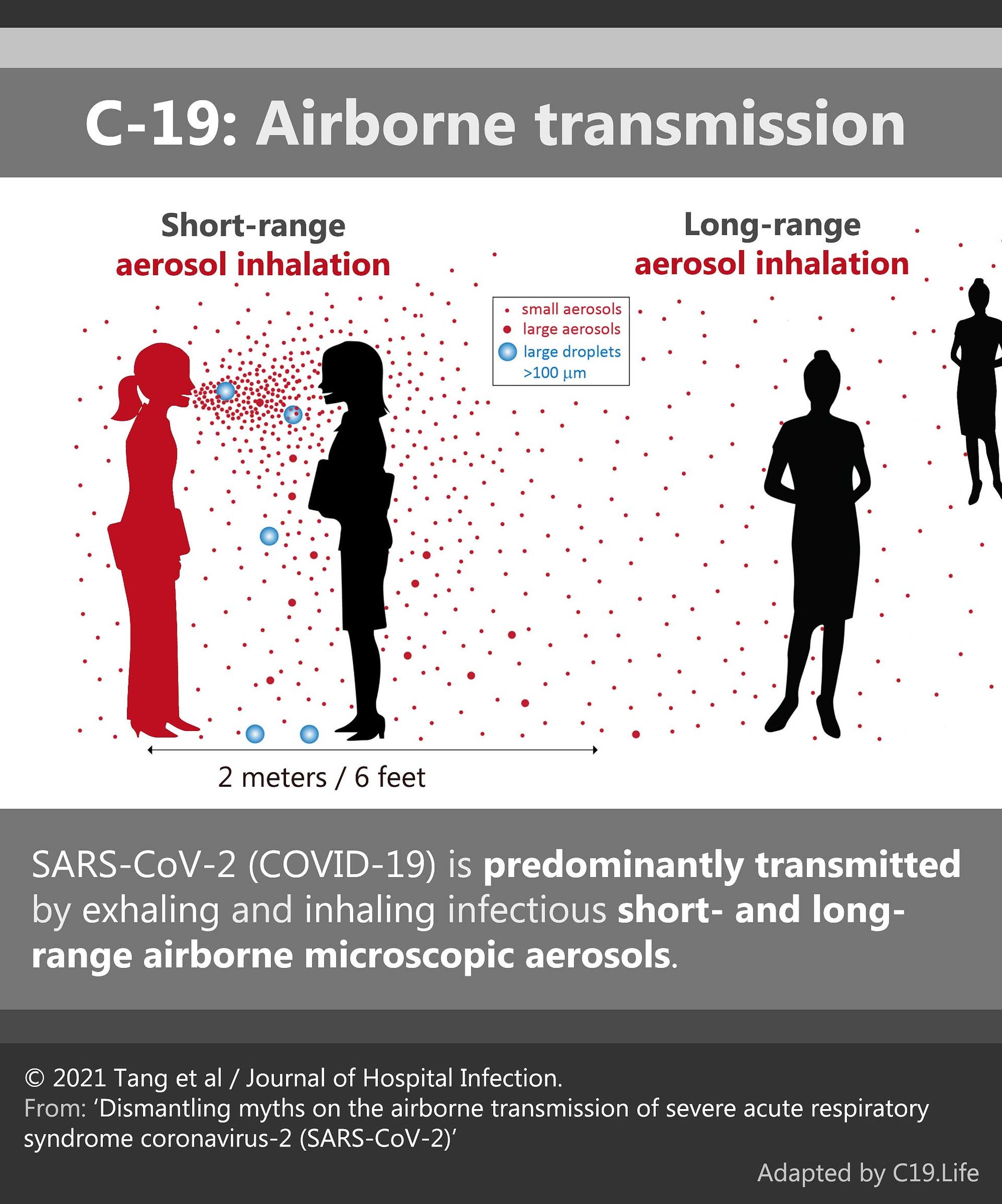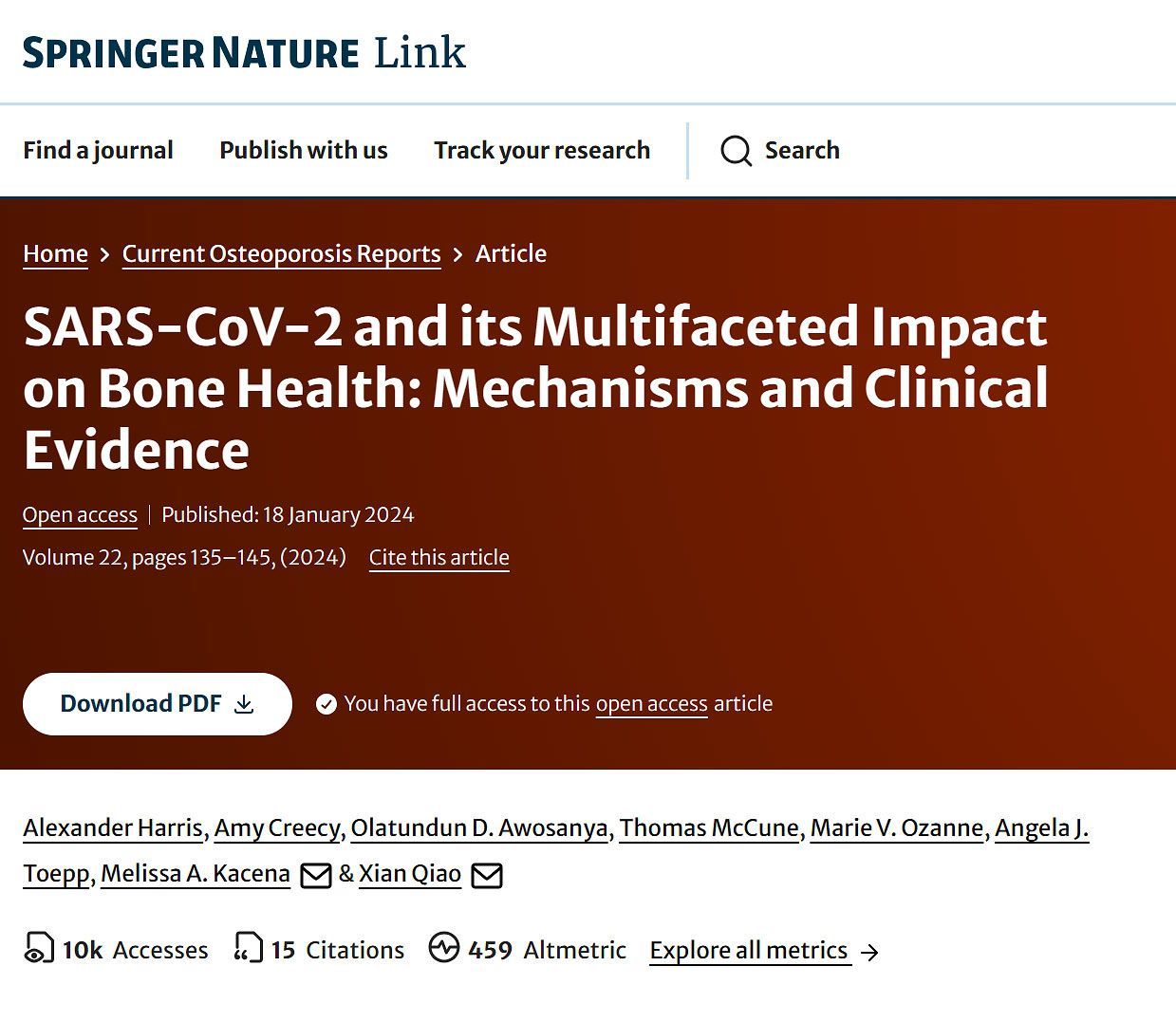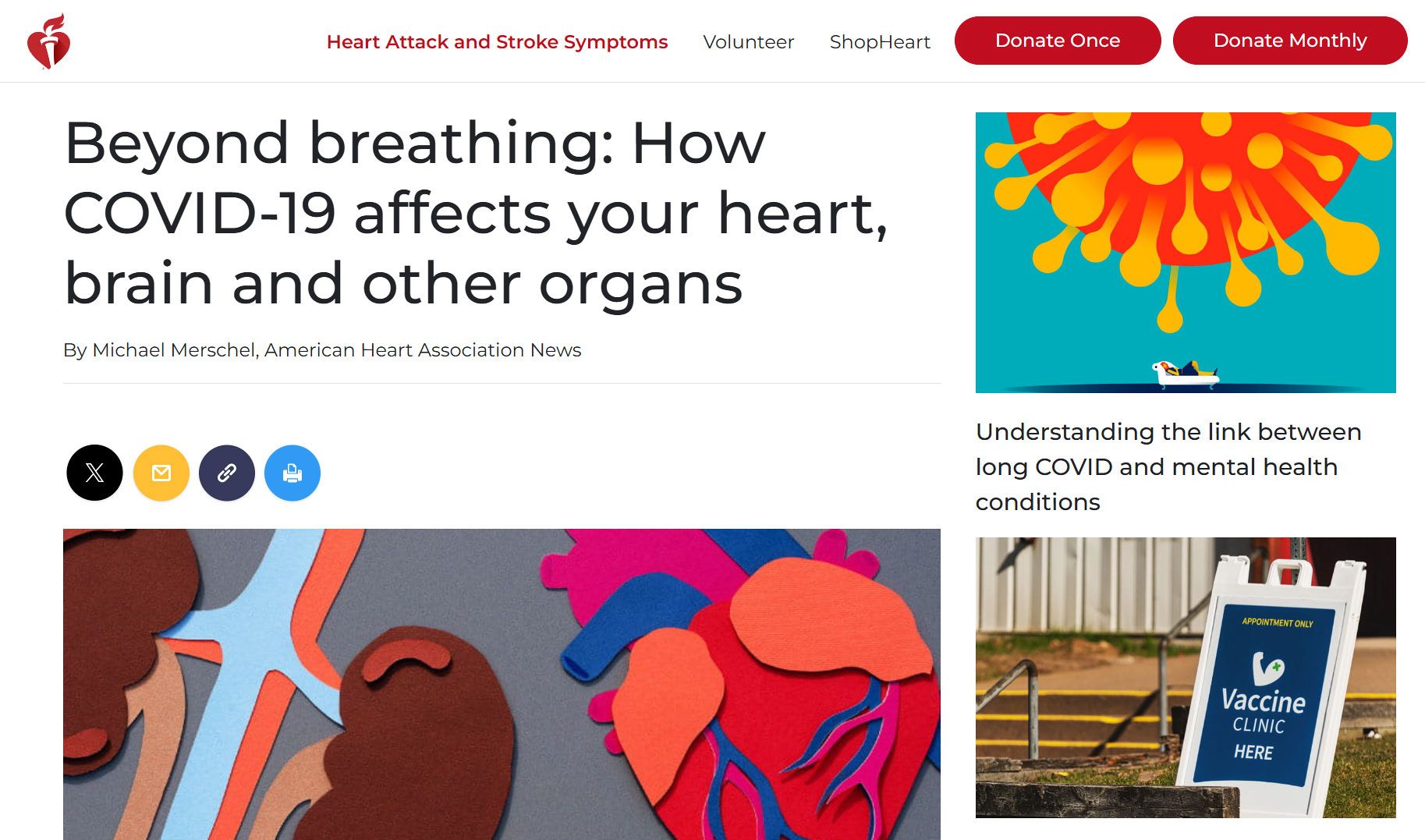➲ Home ➲ C-19 Archives
📖 COVID-19 may Enduringly Impact Cognitive Performance and Brain Haemodynamics in Undergraduate Students
‘Cognitive difficulties following COVID-19 infection appear to be long lasting.
In the current study, impairment was observed up to 17 months post-infection – aligning with previous research in young adults, where impairments persisted for up to 10 months following COVID-19.’
📖 (1 Mar 2025 ~ Elsevier: Brain, Behavior, and Immunity) ‘COVID-19 may Enduringly Impact Cognitive Performance and Brain Haemodynamics in Undergraduate Students’.
© 2025 McNeill et al / Elsevier: Brain, Behavior, and Immunity.
❦ Study ~ ‘COVID-19 may Enduringly Impact Cognitive Performance and Brain Haemodynamics in Undergraduate Students’
By McNeill & Marshall et al / Elsevier: Brain, Behavior, and Immunity (1 Mar 2025)
✺ Cognitive engagement induced distinct prefrontal haemodynamic patterns post COVID-19.
✺ 40% of the undergraduate students reported ‘brain fog’ due to COVID-19.
✺ 37% of the undergraduates exhibited impaired cognition up to 17 months post-infection.
✺ ‘Brain fog’ appeared to affect the distinct prefrontal haemodynamic patterns.
❂
❦ ‘To date, 770 million people worldwide have contracted COVID-19, with many reporting long-term ‘brain fog’.
‘Concerningly, young adults are both over-represented in COVID-19 infection rates and may be especially vulnerable to prolonged cognitive impairments following infection.’
Addressing gaps in the literature, the current study investigated differences in neuropsychological performance and cerebral haemodynamic activity following COVID-19 infection in undergraduate students.
94 undergraduates (age range = 18 to 46; 89% female) at the University of Otago reported their COVID-19 infection history before completing a neuropsychological battery while wearing a multi-channel near-infrared spectroscopy (NIRS) device to record prefrontal haemodynamics.
We observed that 40% retrospectively self-reported cognitive impairment (‘brain fog’) due to COVID-19, and 37% exhibited objective evidence of cognitive impairment (assessed via computerised testing), with some suggestion that executive functioning may have been particularly affected; however, group-level analyses indicated preserved cognitive performance post-COVID-19, which may in part reflect varying compensatory abilities.
‘The NIRS data revealed novel evidence that previously infected students exhibited distinct prefrontal haemodynamic patterns during cognitive engagement, reminiscent of those observed in adults four decades older, and this appeared to be especially true if they reported experiencing ‘brain fog’ due to COVID-19.’
These results provide new insights into the potential neuropathogenic mechanisms influencing cognitive impairment following COVID-19.
‘Post-infection, long-term COVID-19 symptoms have emerged, notably including subjective cognitive complaints/‘brain fog’.
Despite being less at risk for severe acute symptoms, young adults recently recovered from COVID-19 have a high prevalence of subjective and objective cognitive impairment (17%-85%).’
This is concerning given that university/college campuses have been identified as “superspreader” sites, contributing to the over-representation of young adults in infection rates globally (World Health Organisation, 2023).
Initial concerns regarding cognitive effects of COVID-19 infection were based on cognitive impairments associated with other respiratory illnesses.
‘Observational studies have revealed cognitive impairments after influenza, acute respiratory distress syndrome, the common cold, chronic obstructive pulmonary disease, and various other upper respiratory infections.
With these illnesses, cognitive function is broadly impaired (including information processing, attention and concentration, declarative memory, executive functioning, and self-control).’
Among recovered COVID-19 patients, complaints have emerged pertaining to persistent difficulties with attention and concentration, disorientation, and lethargy (symptoms collectively referred to as ‘brain fog’), which signalled that COVID-19 may also have long-term cognitive effects.
Concerningly, in non-hospitalised adults following COVID-19 infection, cognitive impairment has been found to be associated with younger age, and when compared to middle-aged or older recovered COVID-19 patients, young patients (aged 26–39 years) displayed larger impairments in working memory, processing speed and executive functioning.
❦ [Medical Notes]
Several theories have been proposed for the pathogenesis of cognitive impairment following COVID-19 infection.
Observations of chronic neuroinflammation such as astrocyte hyperactivation, cerebral hypoperfusion and tau protein accumulation has led to various hypotheses behind the cause of cognitive impairment.
The SARS-COV-2 virus has been observed to cross the blood–brain barrier bound to ACE2 receptors of the hypothalamus and cause persistent mitochondrial dysfunction in microglial cells.
According to theory, following COVID-19 infection, microglia are hyperactivated to compensate for the increased energy supply demands from dysfunctional mitochondria, driving greater oxygen demand and cerebral hypoxic stress.
Of further consequence of this hyperactivation, the SARS-COV-2 virus has been found to upregulate microglial and astrocyte production of reactive oxygen species and proinflammatory cytokines leading to chronic neuroinflammation and cell death due to excessive phagocytosis, which is the theorised cause of persistent cognitive impairment.
*
❦ Study Participants
94 undergraduates from the University of Otago participated in association with a psychology course.
Participants all met, based on self-report, the following inclusion criteria: 18+ years old, normal or corrected to normal vision, and no psychological or neurological conditions.
Participants ranged in age from 18 to 46 years (M = 20.58, SD = 3.33), and identified as female (n = 83) or male (n = 11).
Regarding ethnicity, participants selected New Zealand (NZ) European (n = 77), Māori (n = 8), Chinese (n = 3), Indian (n = 3), Fijian (n = 3), and other (n = 12).
Prior to completing a neuropsychological battery, participants who reported being infected with COVID-19 were asked when, how many times, if any complications arose, if they experienced ‘brain fog’ (subjective cognitive impairment), and if their physical activity levels had changed since infection.
❦ Results
Few studies have examined the prolonged neuropsychological effects of COVID-19 infection in undergraduate students, and to the best of our knowledge, this is the first study to measure cognitive task-related brain haemodynamic response differences post COVID-19 infection using NIRS.
‘In support of our hypotheses, 37.33% of participants who reported previously having COVID-19 displayed objective cognitive impairment, and 40% reported experiencing subjective cognitive impairment.’
However, on average, the Covid group did not perform worse on the cognitive tests than the non-Covid group.
In support of our second hypothesis, participants in the Covid group, during completion of cognitive tasks, exhibited less negative changes in oxygenated haemoglobin supply to the anterior prefrontal cortex.
Interestingly though, the effect was specific to the right hemisphere, except when focusing in on those who reported ‘brain fog’ (subjective cognitive impairment) due to COVID-19.
‘Cognitive difficulties following COVID-19 infection appear to be long lasting.
In the current study, impairment was observed up to 17 months post-infection – aligning with previous research in young adults, where impairments persisted for up to 10 months following COVID-19.’
Additionally, when analysed at the individual level in the present study, performance in the anti and pro/anti tasks (included to measure the executive functions inhibitory control and task switching abilities) was impaired most commonly.
Notably, executive functions were also the most prevalent impairments observed in past studies, indicating that difficulties in executive functioning following COVID-19 may be of particular concern.
We also presented anecdotal evidence that more recently infected participants had a greater tendency to exhibit objective cognitive impairment.
[Nb. For limitations of this study, and direction of future research on this topic, please refer to the full study linked below.]
❦ Conclusions
The present study found evidence suggesting that COVID-19 infection is associated not only with subjective cognitive impairment but also with prolonged objective cognitive impairment, especially in executive functioning, in some but not all undergraduate students.
Moreover, we found novel evidence of distinct task-related anterior prefrontal haemodynamic responses in students reporting a past COVID-19 infection relative to those reporting no past infection, and exploratory analyses suggested this may be particularly true for those who reported experiencing ‘brain fog’ due to COVID-19.
This new information may prove important as we move forward towards developing interventions in response to the mounting evidence that COVID-19 has prolonged influences on brain health.
In closing, we call for scientists to respond urgently to the rapidly increasing prevalence of long Covid symptoms pertaining to the brain.’
❂
📖 (1 Mar 2025 ~ Elsevier: Brain, Behavior, and Immunity) COVID-19 may Enduringly Impact Cognitive Performance and Brain Haemodynamics in Undergraduate Students ➤
© 2025 McNeill & Marshall et al / Elsevier: Brain, Behavior, and Immunity.
Graphic from: 📖 (22 Feb 2024 ~ Science) ‘Solving the puzzle of Long Covid’ ➤
Graphic: © 2024 A. Mastin / Science.
❦ Further Reading: The brain and nervous system
📖 (7 Nov 2023 ~ Journal of Neurology) ‘Persistent cognitive slowing in post-COVID patients: longitudinal study over 6 months’. ➤
‘Patients showed cognitive slowing indicated by longer reaction times compared to control participants in a simple-response tonic alertness task and in all more complex tasks requiring speeded performance.
Reduced alertness correlated with higher fatigue.
Alertness dysfunction remained unchanged at 6-month follow-up and the same was true for most attention tasks and cognitive domains.’
© 2023 Martin et al / Journal of Neurology.
📖 (31 Oct 2023 ~ New Atlas) ‘All variants of COVID-19 virus can infect the brain, study finds’. ➤
‘Interestingly, the findings confirmed epidemiological observations showing acute disease severity is reduced in Omicron infections – however, all [SARS-CoV-2] variants demonstrated similar neuroinvasive capabilities.
And, most strikingly, all variants infected the brain’s olfactory regions regardless of whether symptoms of anosmia (the loss of sense of smell) were present or not.’
© 2023 R. Haridy / New Atlas.
📖 (19 Jan 2024 ~ Nature: Scientific Reports) ‘Microstructural brain abnormalities, fatigue, and cognitive dysfunction after mild COVID-19’. ➤
‘We performed semi-structured interviews, neurological examinations, 3T-MRI scans, and neuropsychological assessments. The patients reported memory loss (36%), fatigue (31%) and headache (29%).
The quantitative analyses confirmed symptoms of fatigue (83% of participants), excessive somnolence (35%), impaired phonemic verbal fluency (21%), impaired verbal categorical fluency (13%) and impaired logical memory immediate recall (16%).
Our group… presented higher rates of impairments in processing speed (11.7% in FDT-Reading and 10% in FDT-Counting).
The white matter (WM) analyses with DTI [Diffusion tensor imaging tractography] revealed higher axial diffusivity values in post-infected patients compared to controls.’
© 2024 Scardua-Silva et al / Nature: Scientific Reports.
More... Brain & nervous system












































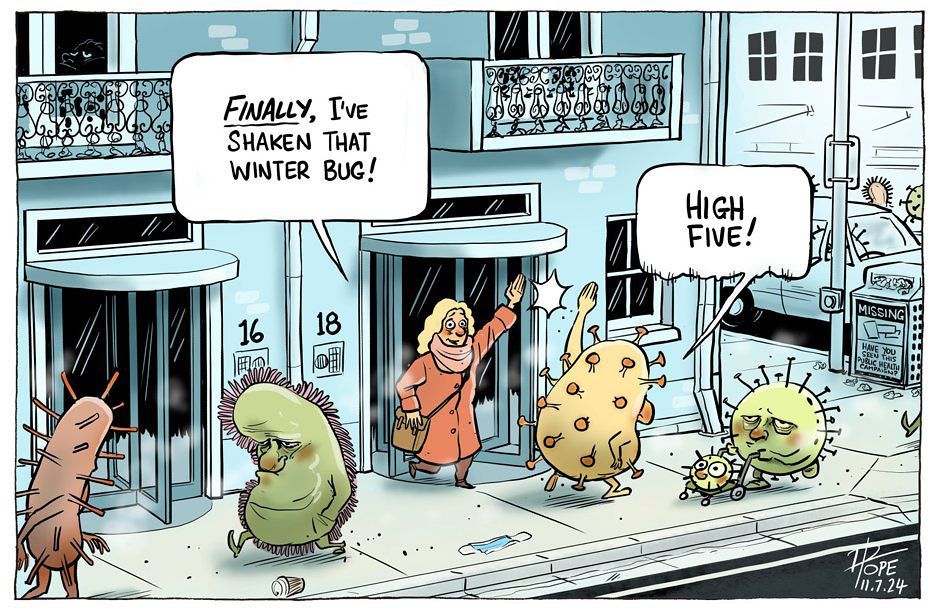
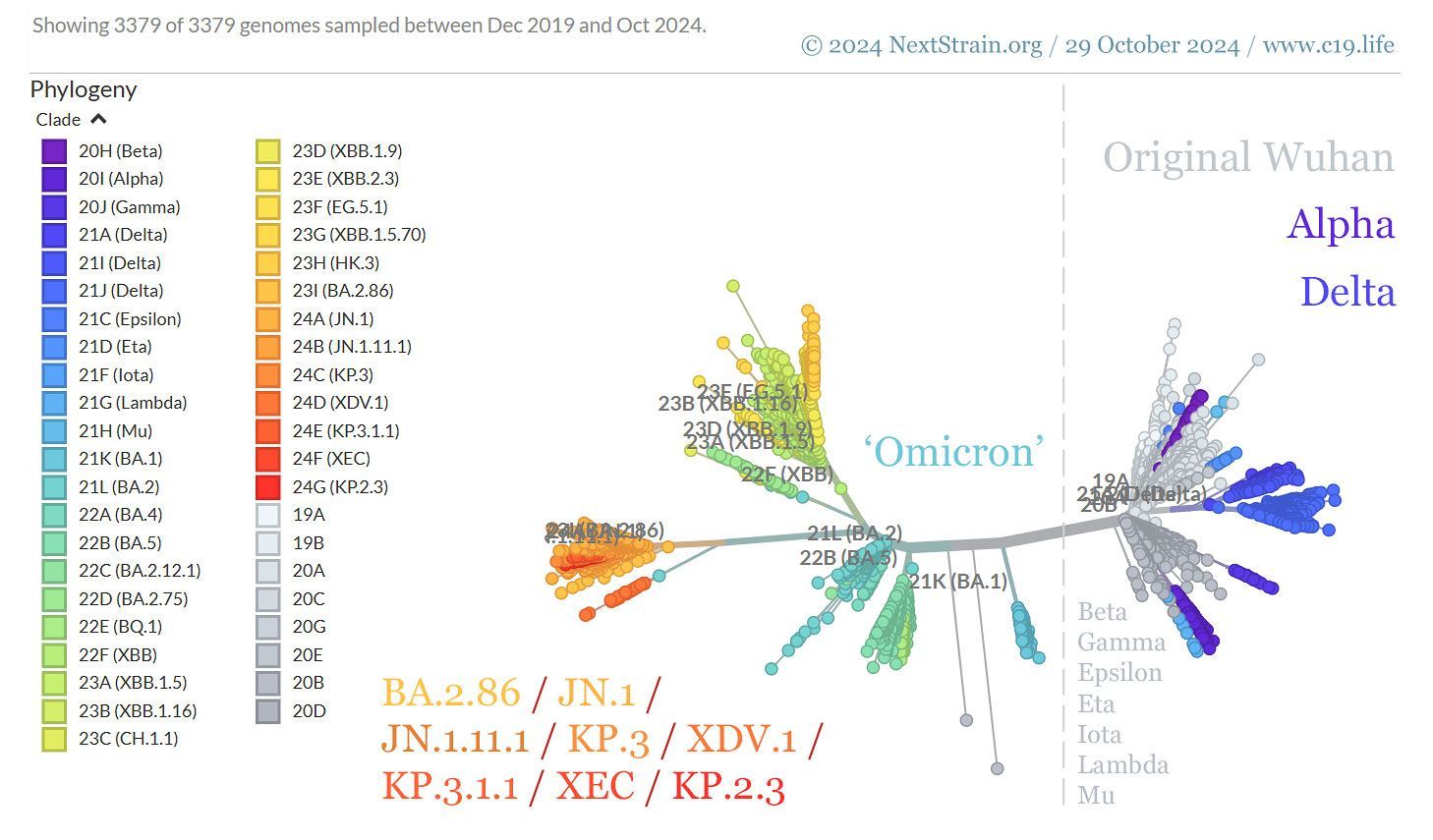
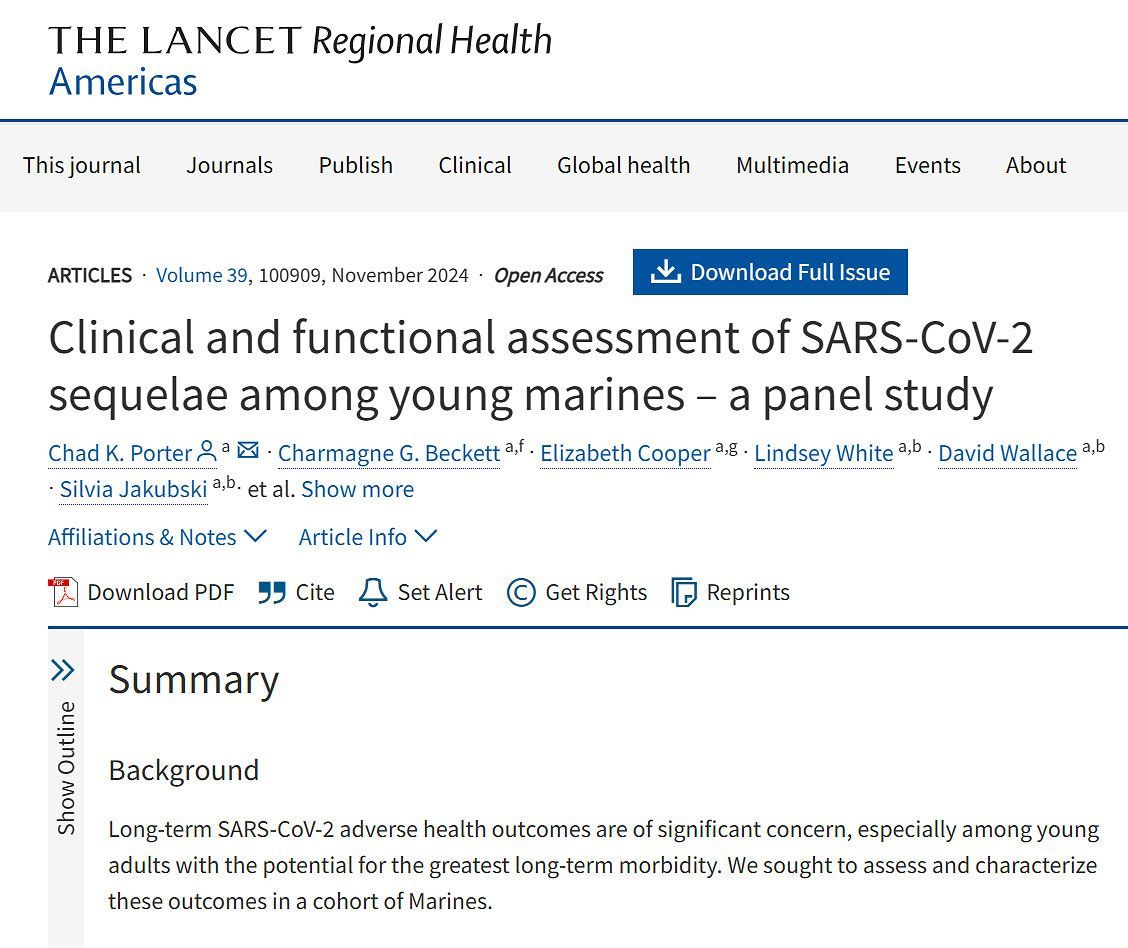

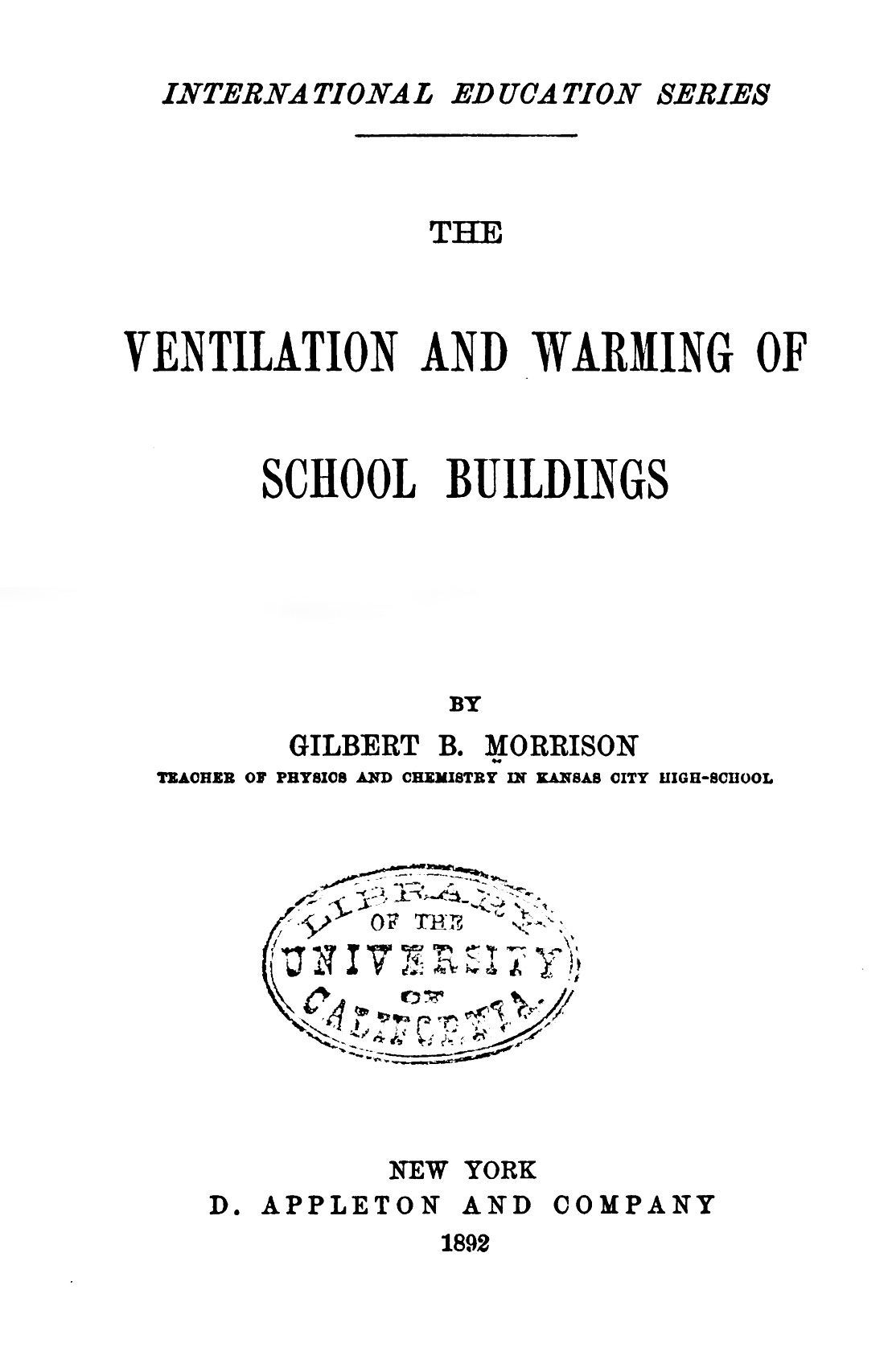
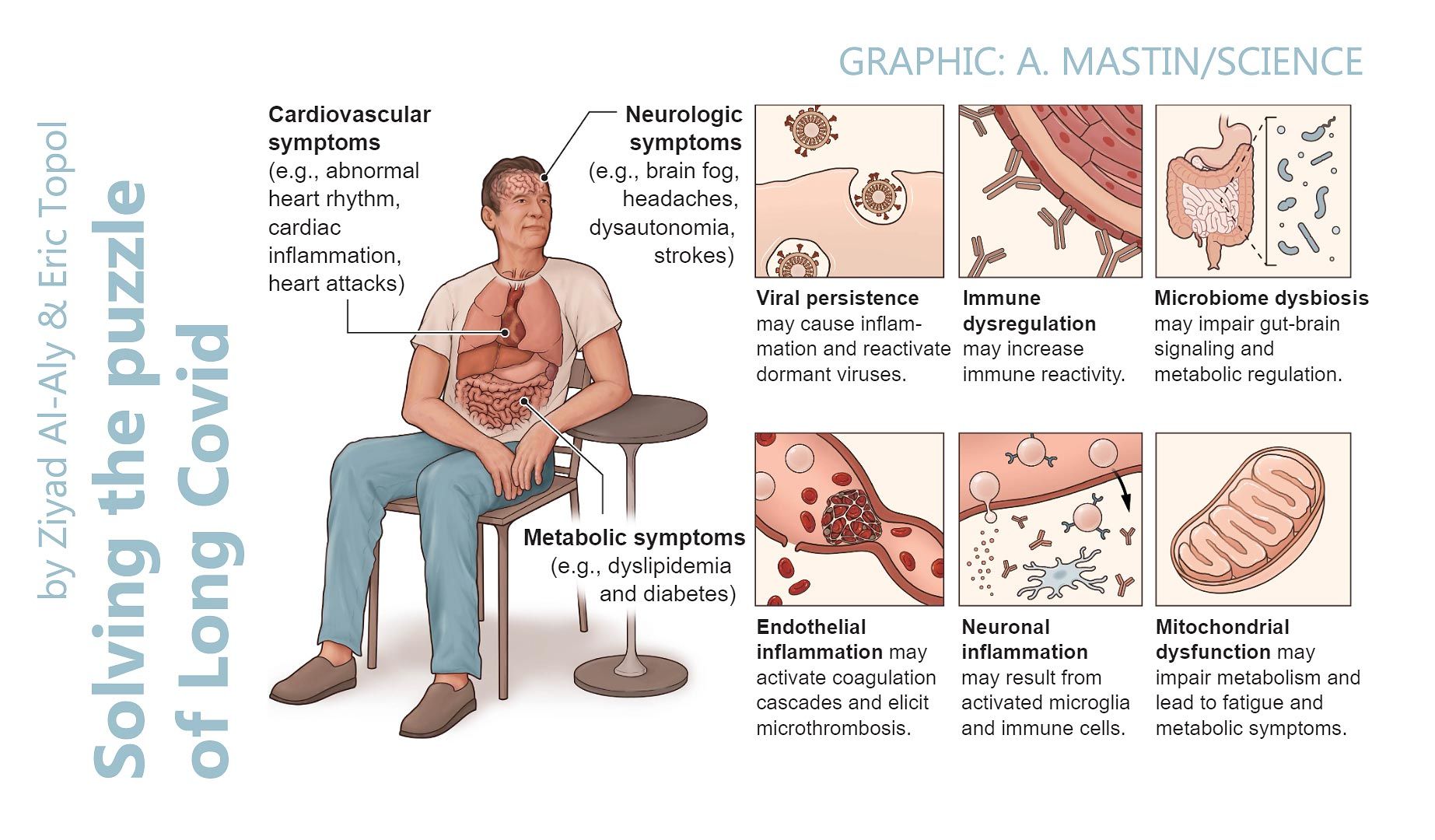





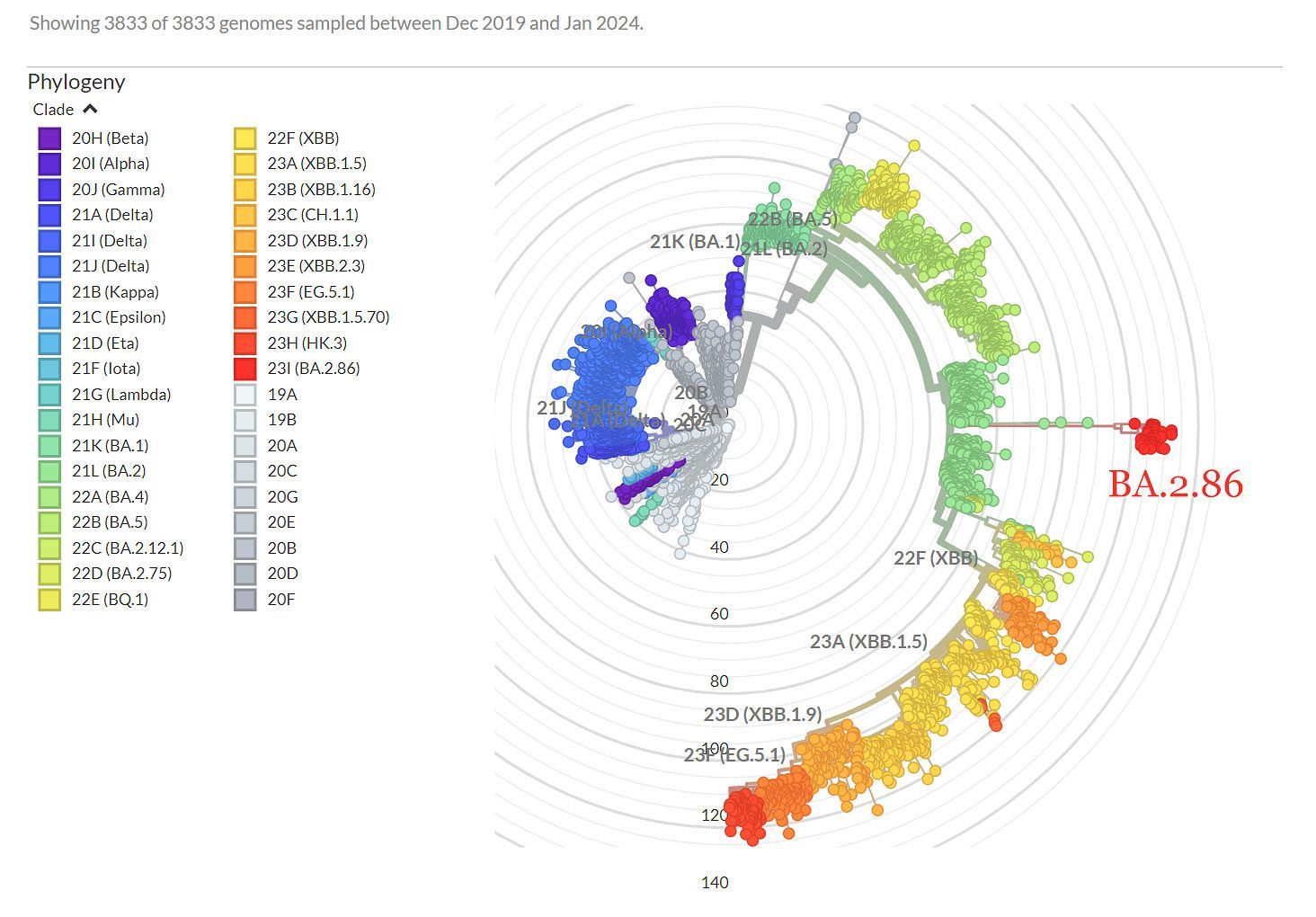

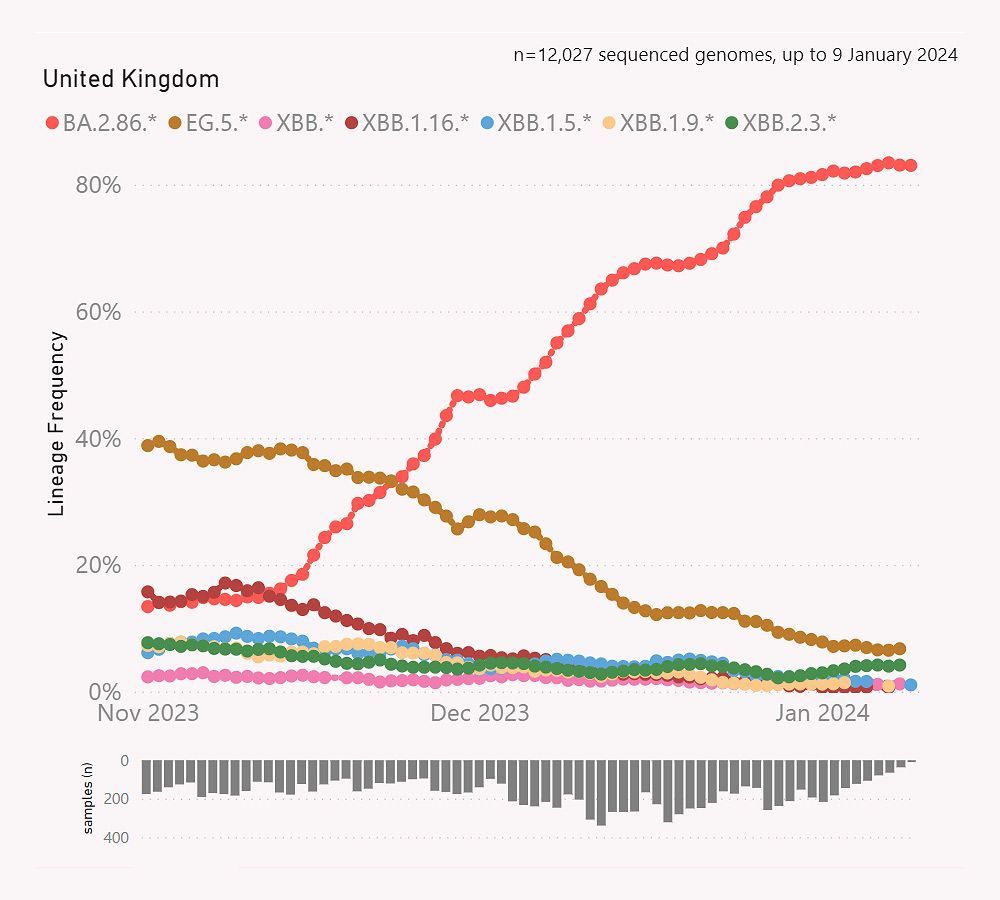












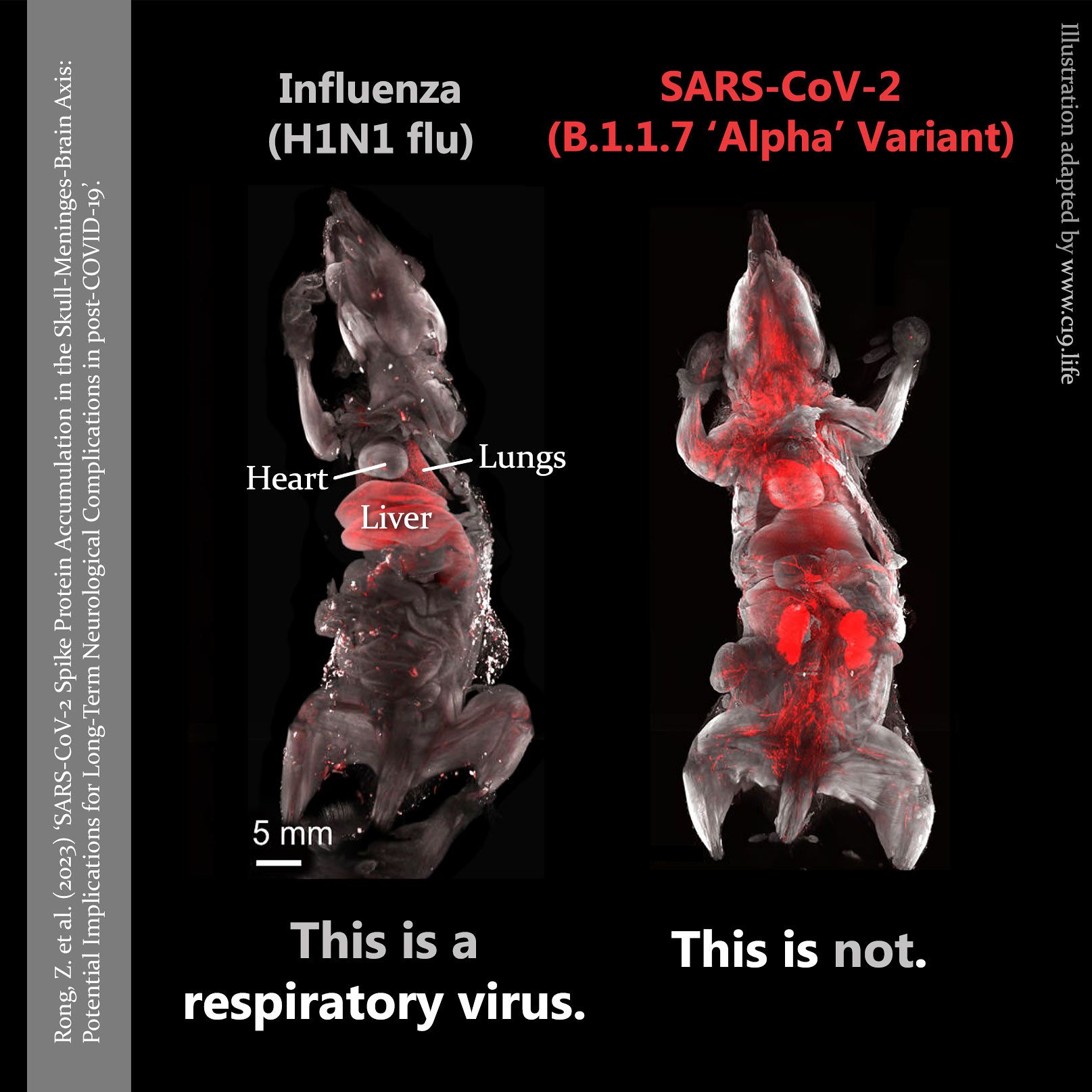










C-19: Archives
Useful search tags:
air filtration / babies & children / body / brain / C19.Life / cancer / comment / dementia / economy / elders / excess deaths / exercise / flu / heart / history / immunity / influenza / law / long covid / NHS / PEM / propaganda / reinfections / reproduction and pregnancy / resources / respirators / respiratory / schools / solutions / transmission / UVC / vaccines / variants / WHO / zoonosis








































C-19: Archives
❦ postscript
You are free to disagree with anything you read here, provided that you have an authentic, evidence-based argument for it.
❦ All content on this website is for informational and educational purposes only.
c19.life


